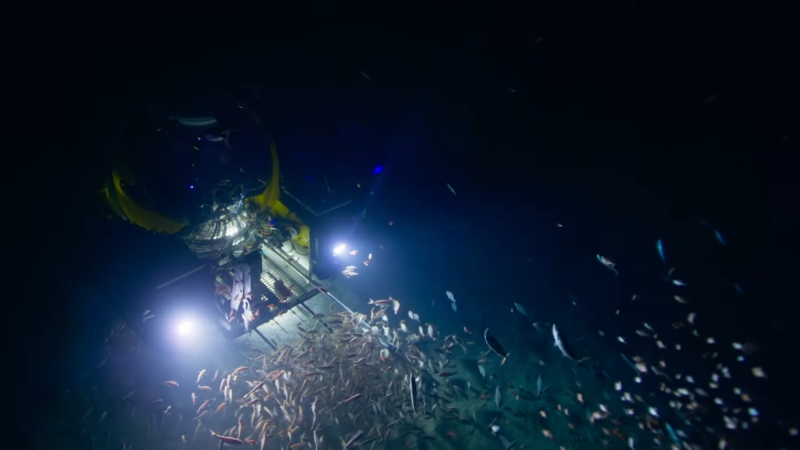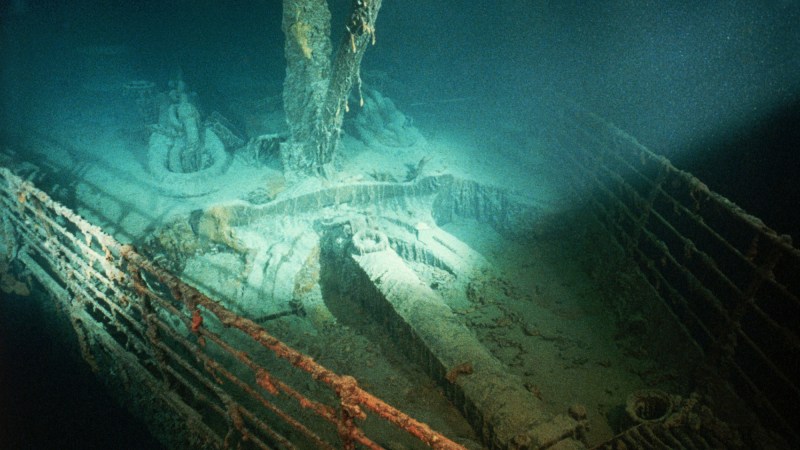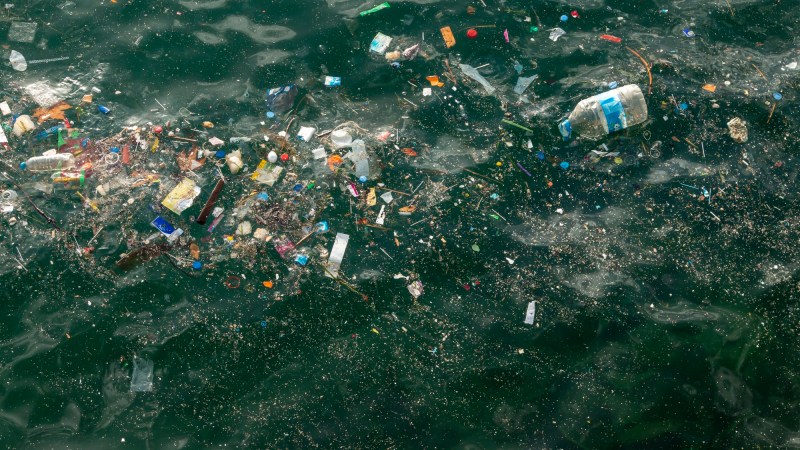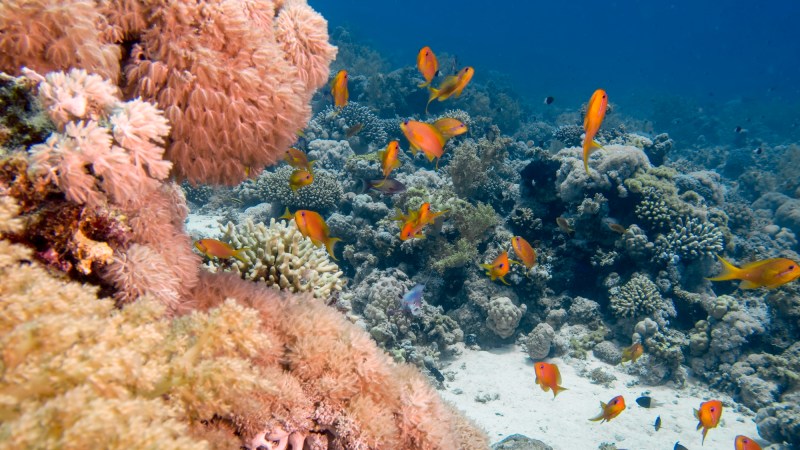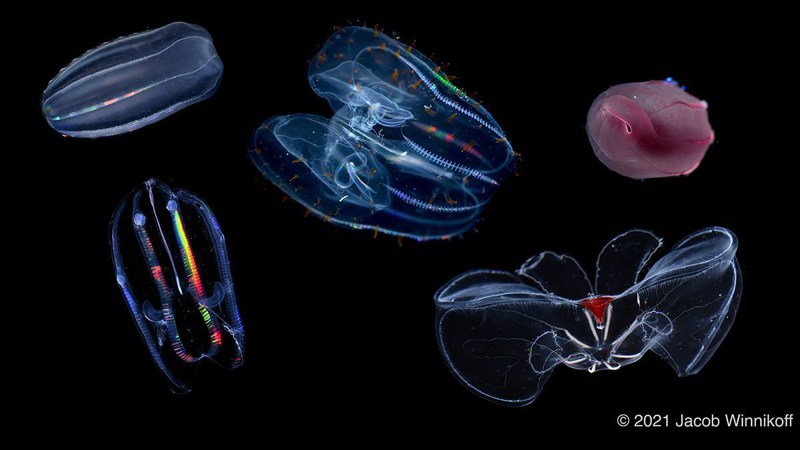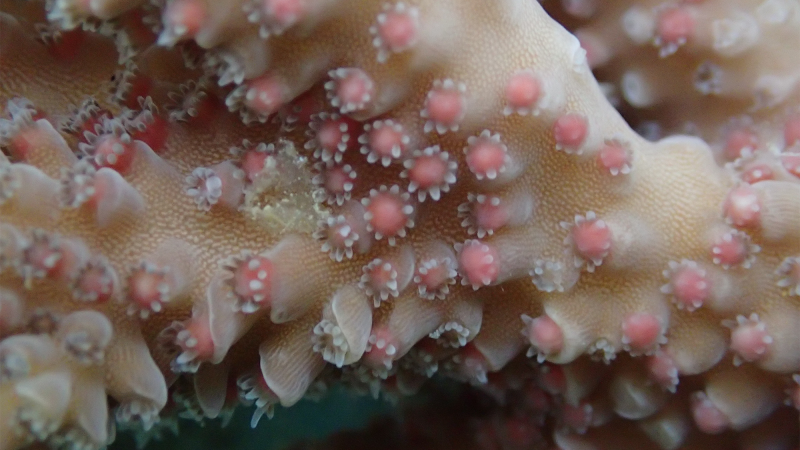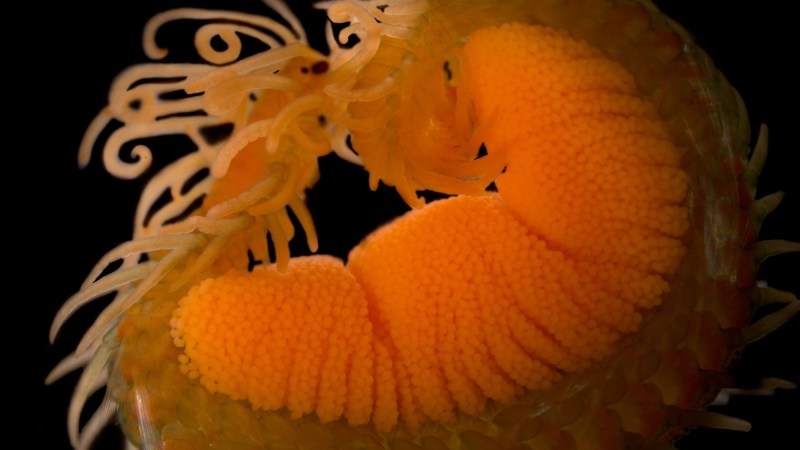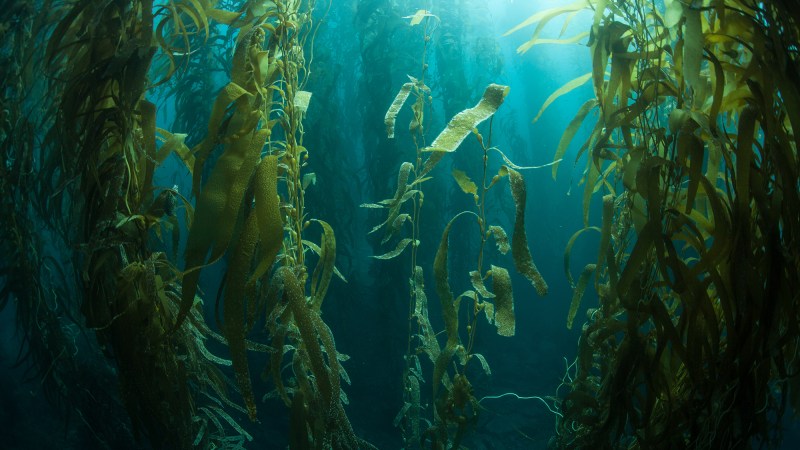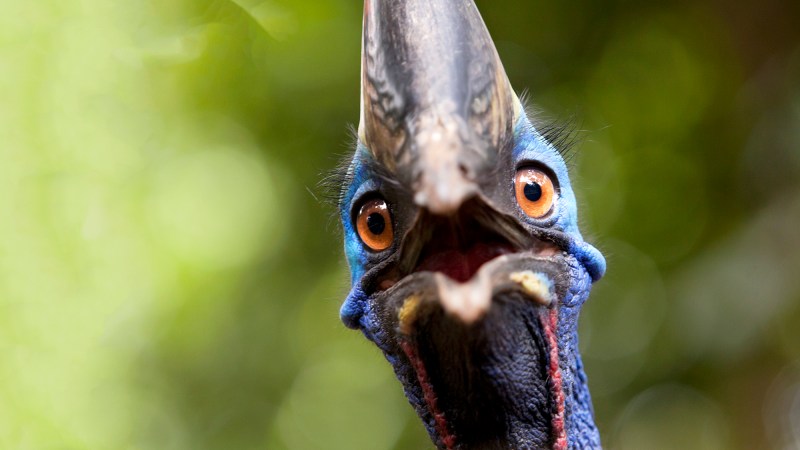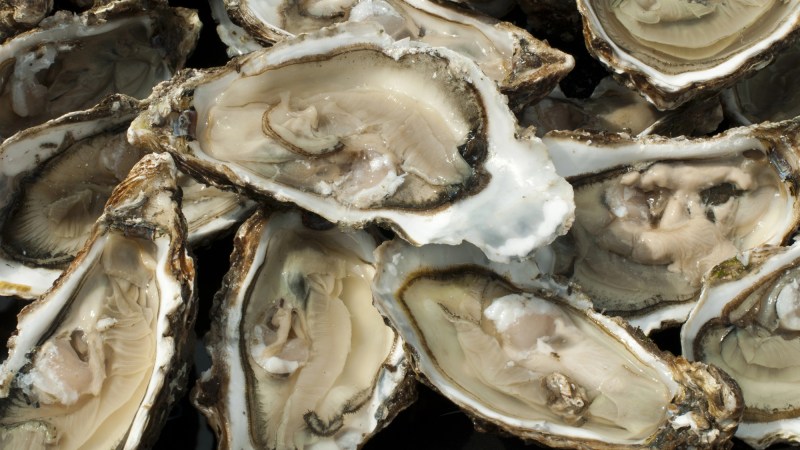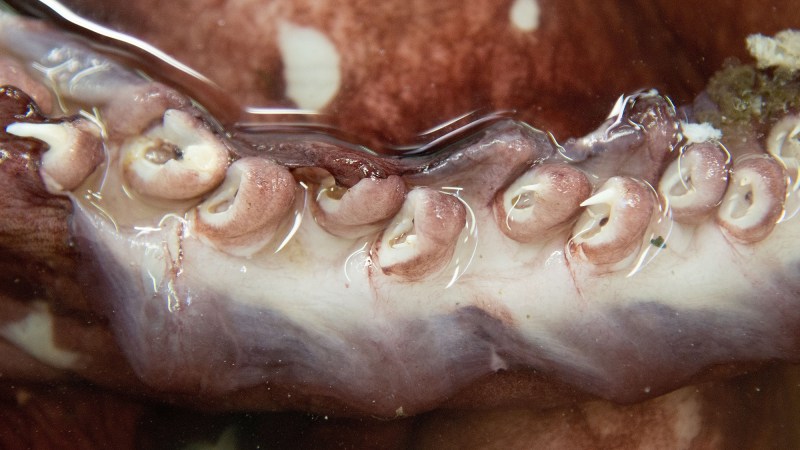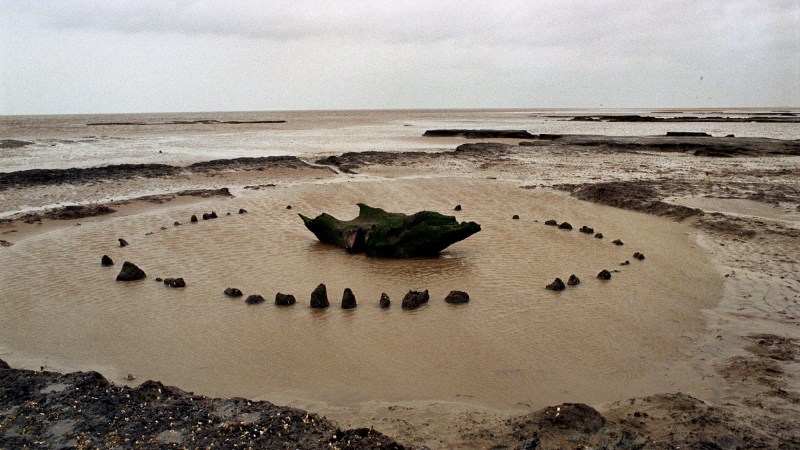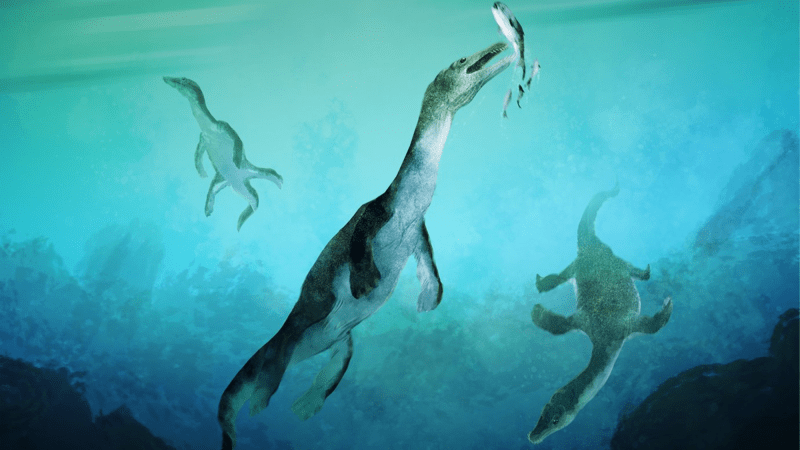

What’s an avid fisherman, actor, and New Orleans native do after he and the other Avengers defeat Thanos in one of the biggest blockbusters of all time? He grabs a boat, assembles some scientists, and learns more about his hometown sharks.
In the documentary Shark Beach with Anthony Mackie, the actor explores the Crescent City’s lesser known aquatic residents. Mackie traverses the warm waters of the Gulf of Mexico in Louisiana and Florida alongside several experts, including marine biologist Jasmin Graham. She is the president and co-founder of Minorities in Shark Science and the project coordinator at the National Science Foundation’s Louis Stokes Alliance for Minority Participation’s Marine Science Laboratory Alliance Center of Excellence.
[Related: Unlucky shark vomits up hedgehog-like animal, shocks scientists.]
Mackie and the team tackle a number of issues, including fishing related depredation and why increasing shark encounters may be indicative of environmental issues across the Gulf of Mexico as a whole.
Popular Science recently talked to both Mackie and Graham about the documentary and New Orleans’ sharks. Answers have been condensed for clarity.
Laura Baisas: What was the most surprising thing that you learned about your hometown’s sharks while working on this project?
Anthony Mackie: The most surprising thing was the fact that there were so many sharks in and around New Orleans. I grew up on Lake Pontchartrain and Lake Catherine and I’ve been all through those waterways and I never considered or thought of the idea of it just being filled with sharks. So many of my friends who I hung out with and fish with were telling me all of their shark stories that they had encountered, which was a surprise because we had never I had never known that until this.

LB: Why did you decide to study sharks?
Jasmin Graham: I think sharks are incredibly cool because they have lived on this planet for so long and in the grand scheme of things changed very little. They are very well adapted, but also heavily vilified. Because it is such a misunderstood group of animals who have survived every known mass extinction event thus far, but are disappearing at an alarming rate now, I feel a drive to try to protect them. I want to help people move from fear to fascination when it comes to sharks so that we can all start working to protect them before it is too late.
LB: What are some unique traits about the sharks in and around New Orleans?
JG: One of the most common sharks that fisherman report depredation with are blacktip sharks. These sharks have blacktips on their pectoral fins (front fins), dorsal fin (back fin) and caudal fin (tail fin). These sharks are commonly confused with spinner sharks which also have blacktips on their fins, but unlike blacktips also have blacktips on their anal fin. Blacktips are also sometimes confused with blacktip reef sharks which have black tips on their fins, but the black is much more apparent and dark and there is a white ring at the edge.

LB: Has this project informed how you look at any body of water now? How has your mindset changed?
AM: It’s very different [now] because I’ve never been a lake guy. I love fishing in lakes, but I don’t understand when people run and jump off the pier into a lake because you never know what’s down there. That’s what I like about the ocean. You can look around and you can kind of maneuver in a way where you don’t bother anybody. So, it has definitely changed my perspective. In those murky waters of Louisiana you don’t know what’s down and I thought the scariest thing would be an alligator garfish or you know we get a tarp and come up in a lake to spawn. But the sharks definitely changed the game for me as far as what’s in that water.
LB: What was working with scientists like?
AM: Everyone was amazing. I was surprised how cool Jasmin was. I thought she would freak out as much as I did, but she was really calming for me. Her wealth of knowledge is amazing and her caring nature for sharks and just the ocean in general was something that really changed my perspective on everything.
[Related: Meet SharkGuard, a tiny electric field that protects sharks from fishing nets.]
LB: What should the general public know about sharks?
JG: I want people to know that sharks are a vital part of our ecosystem. As predators they weed out the sick and diseased fish so they don’t spread diseases, they control where their prey forages, forcing them to forage in different areas so that they don’t overwhelm one specific place and they keep the population of their prey items in check. Without predators the ocean ecosystems we rely on for food, tourism and other ecosystem services would cease to exist.

LB: If you could be a shark for a day, what species would you like to be and why?
JG: I would like to be a whale shark because I think they are very pretty and seem to live a very chill existence. They don’t have any predators so I wouldn’t have to worry about being eaten. I could just drift along happily eating plankton. It seems like a relaxing life.
AM: I love hammerhead sharks because nothing about them makes sense. Like nothing about their head and their eyes. They look like a Star Wars character. I’ve always found them so interesting. I swam with them in the Cayman Islands and they were just so futuristic in the way that they traveled through the water and not dangerous at all. So, if I could be anything, it would be a hammerhead shark.
Shark Beach with Anthony Mackie is part of National Geographic’s SHARKFEST. It premieres on Sunday, June 30 on National Geographic and will be streaming on Disney+ and Hulu on July 1.
